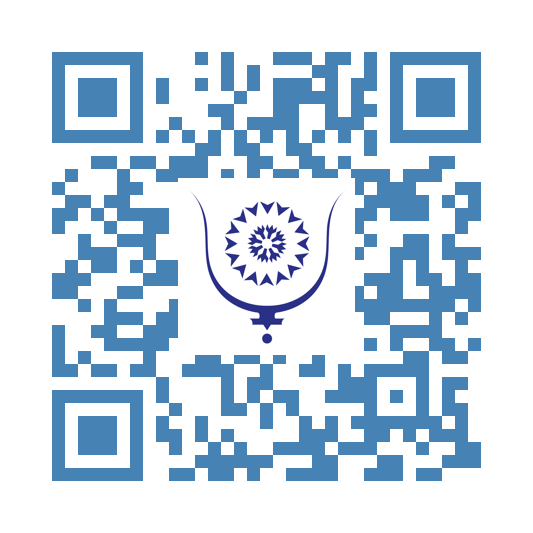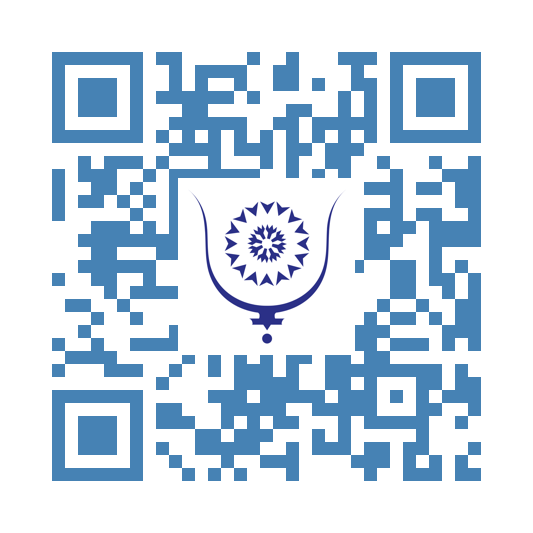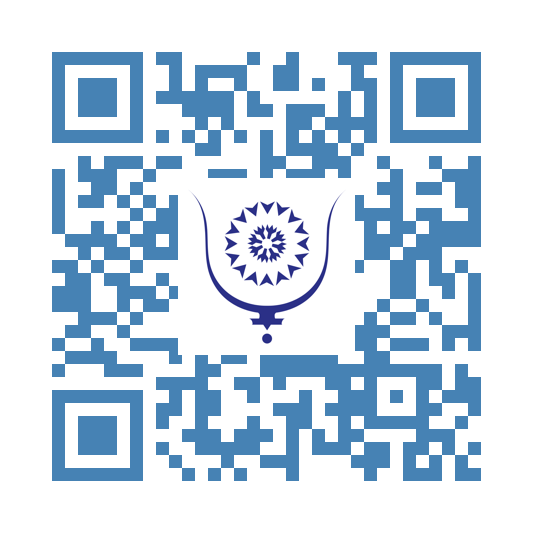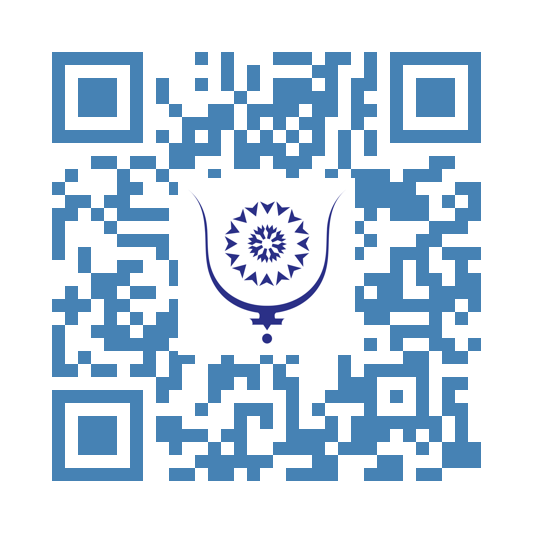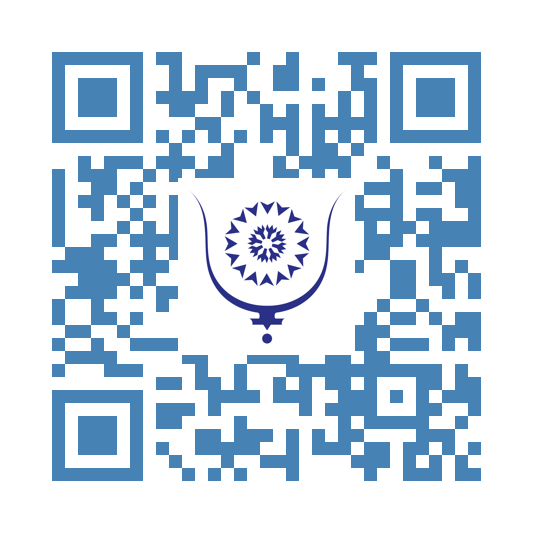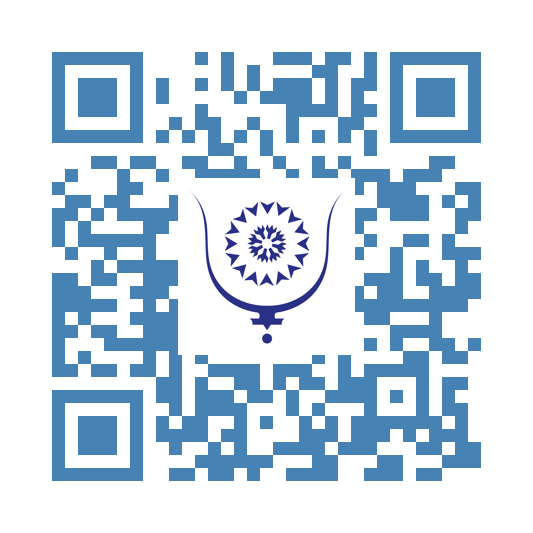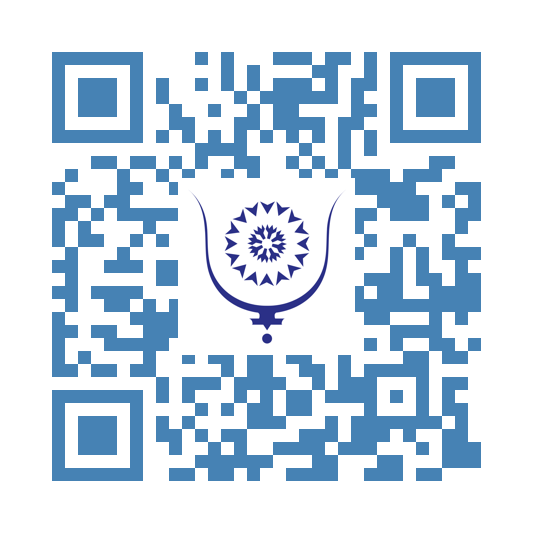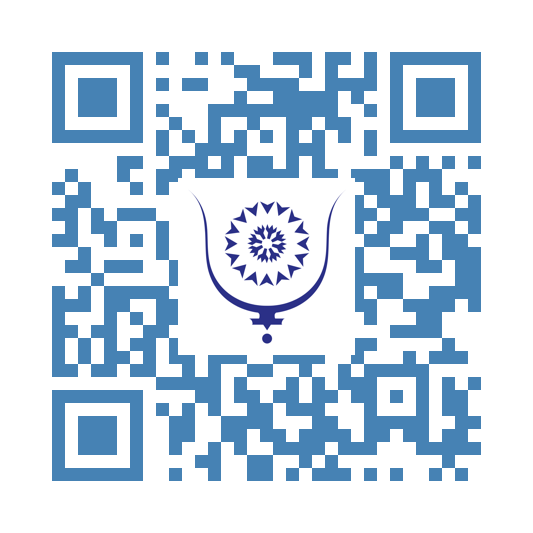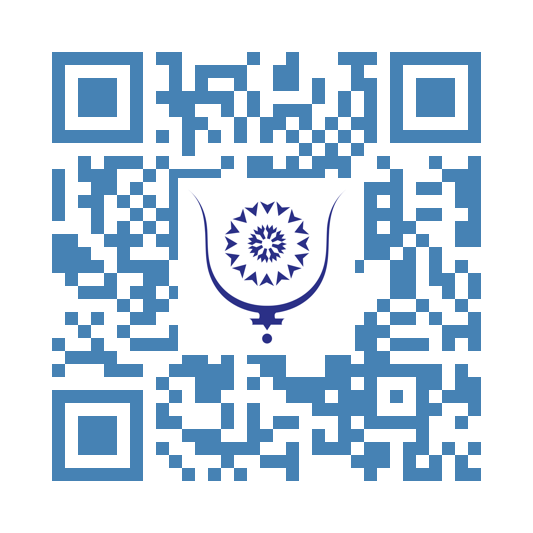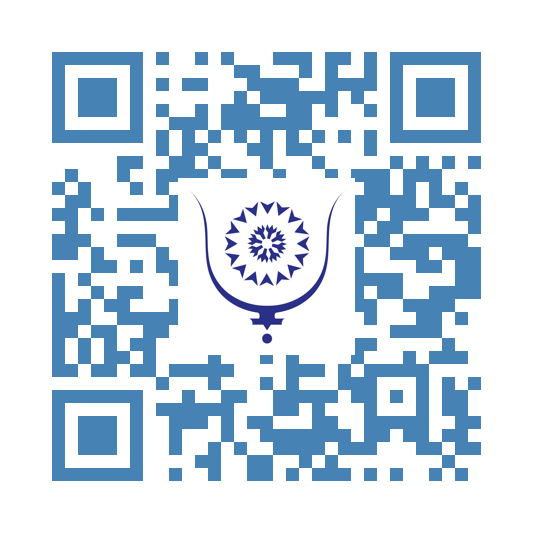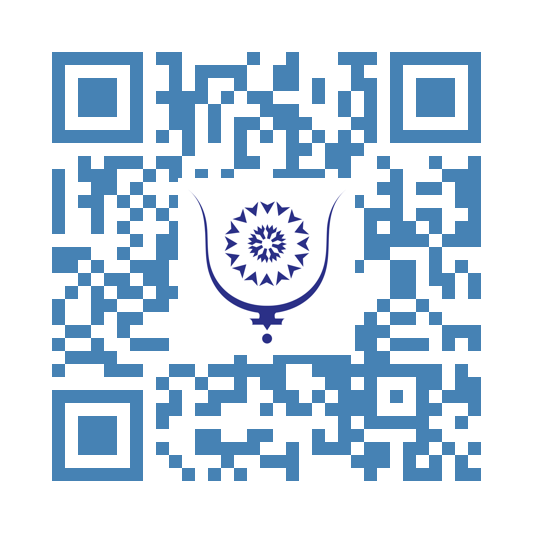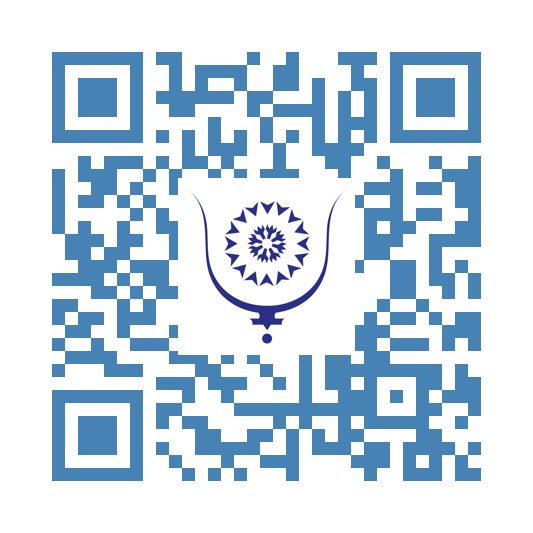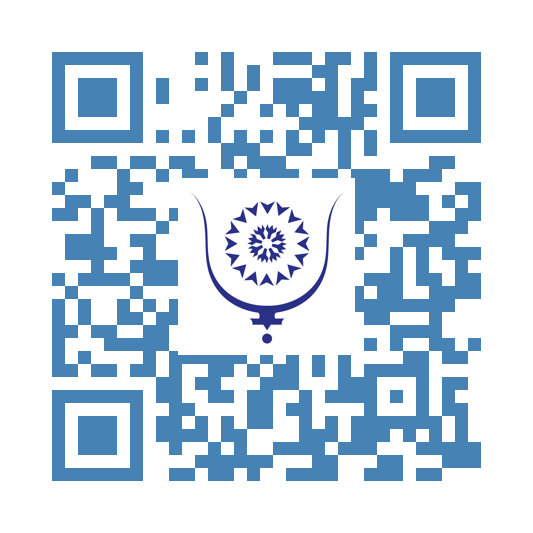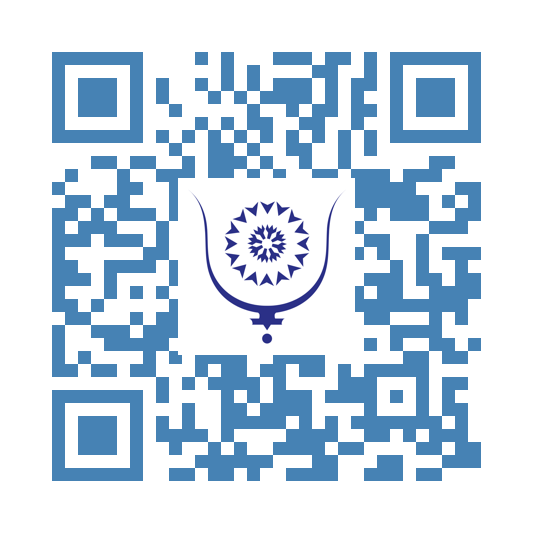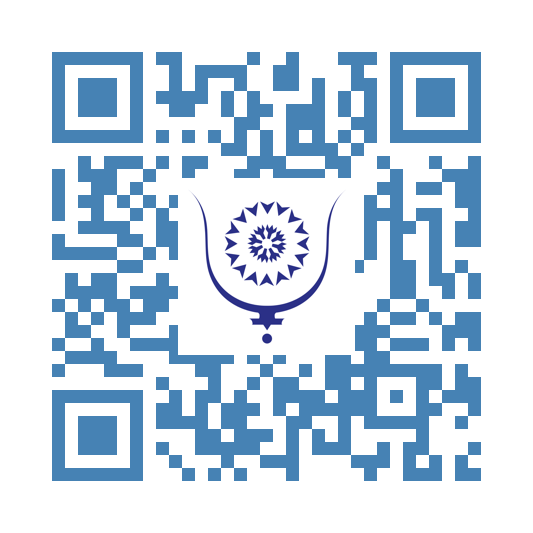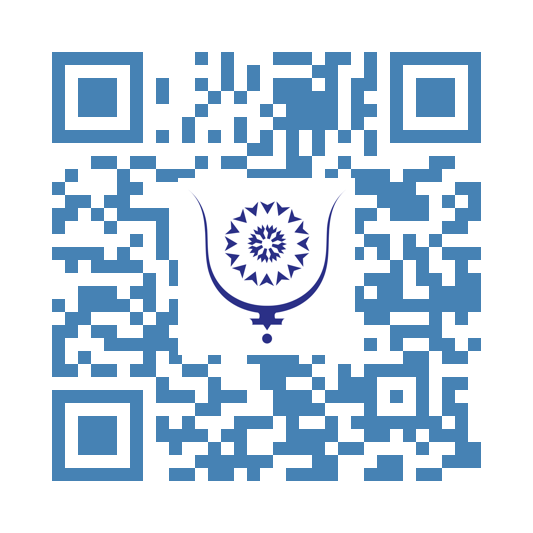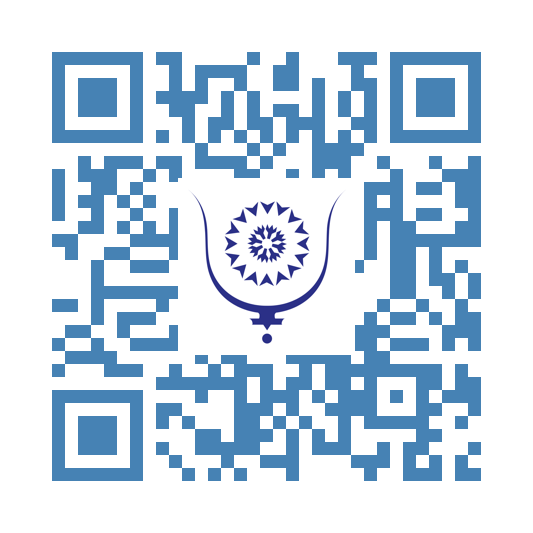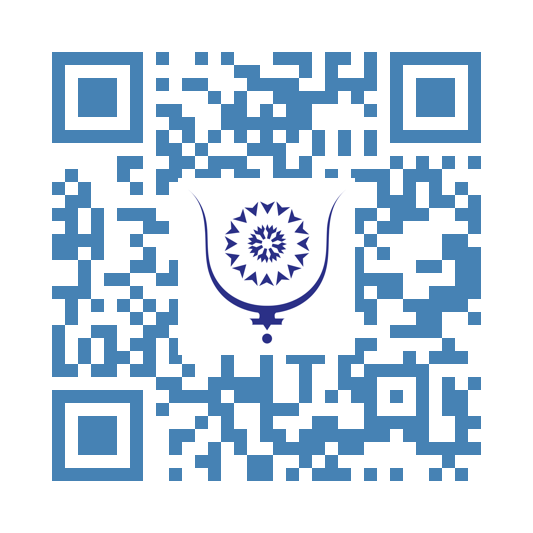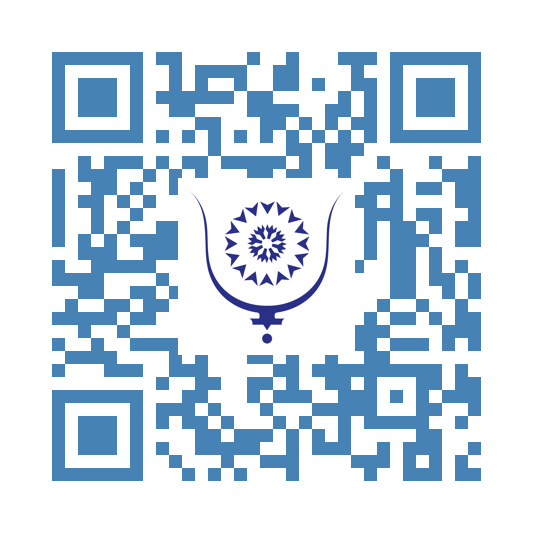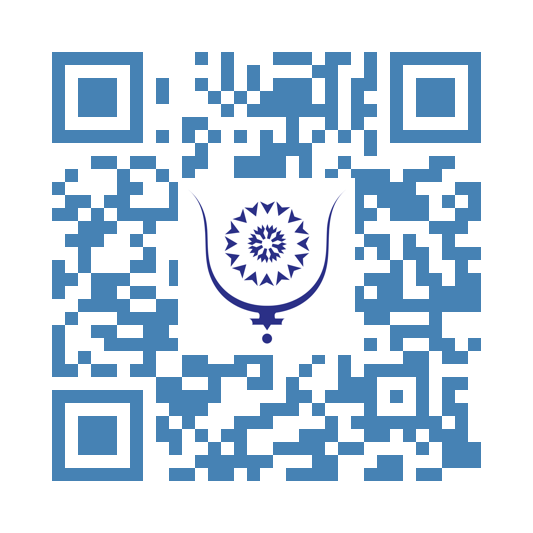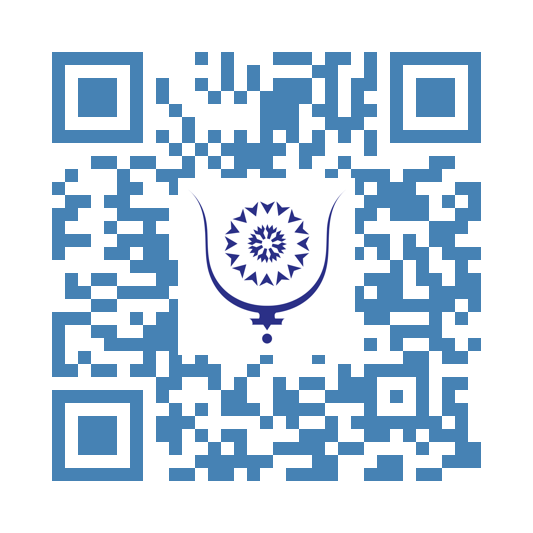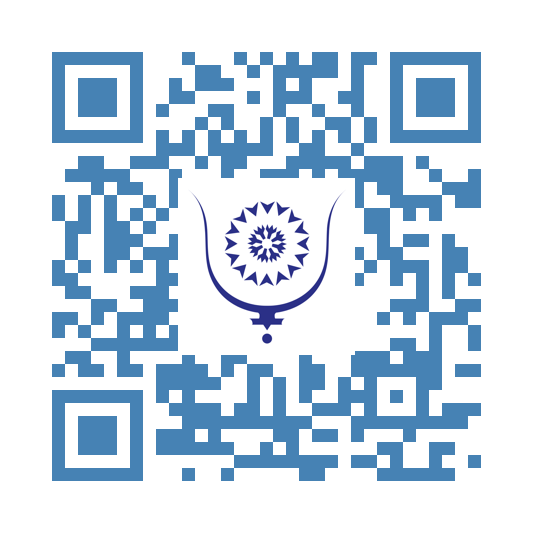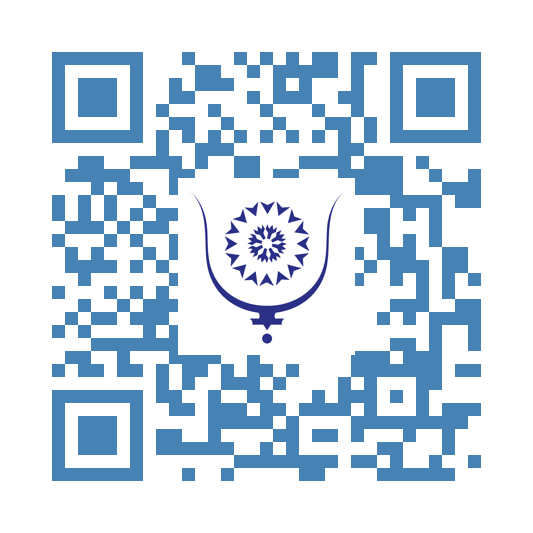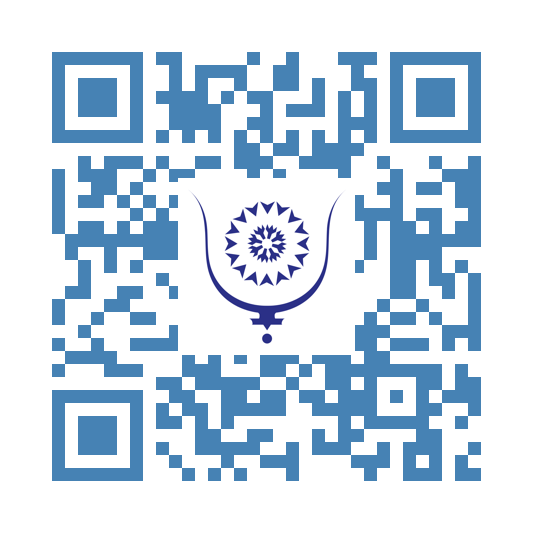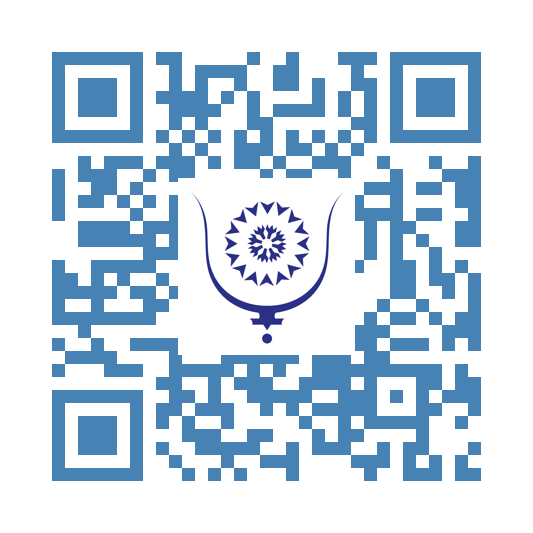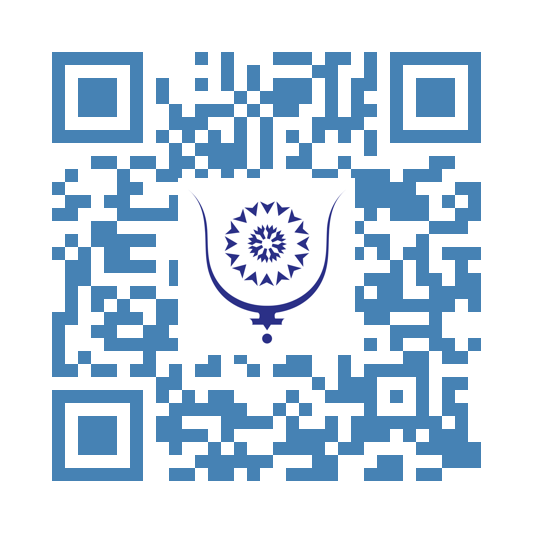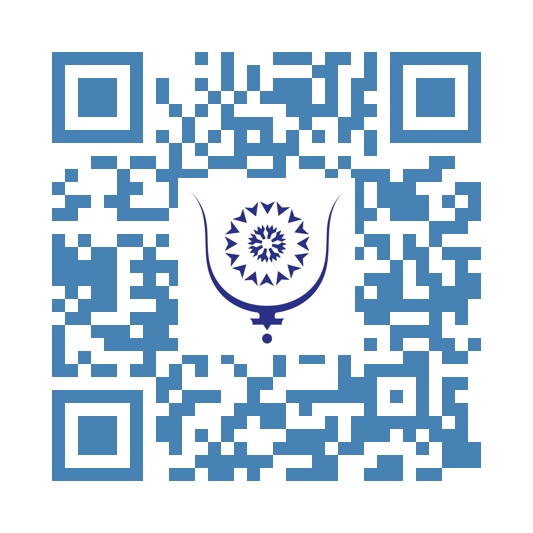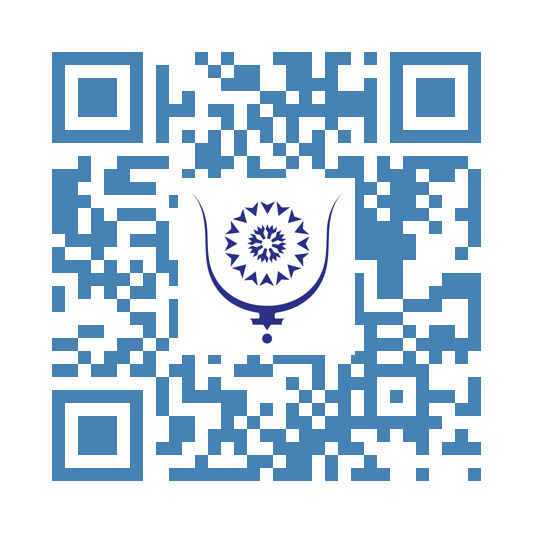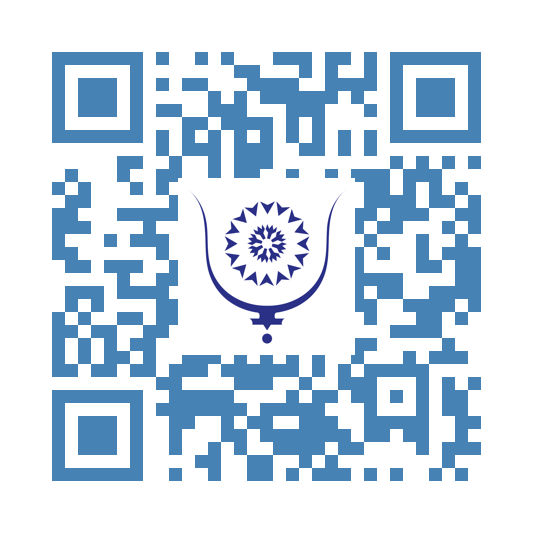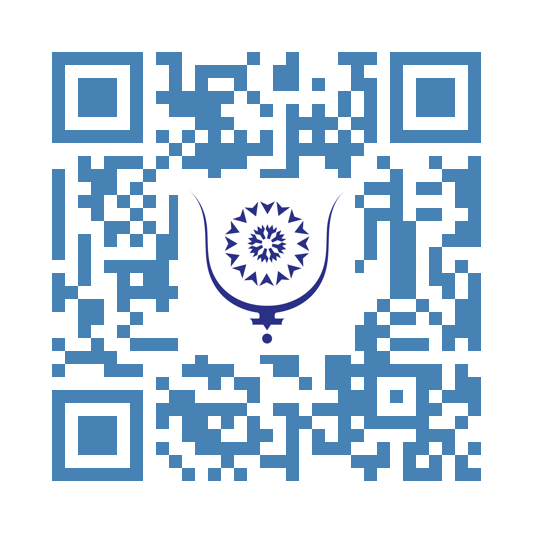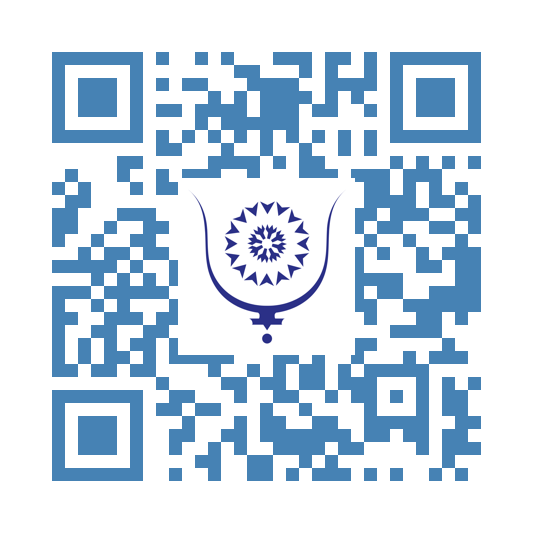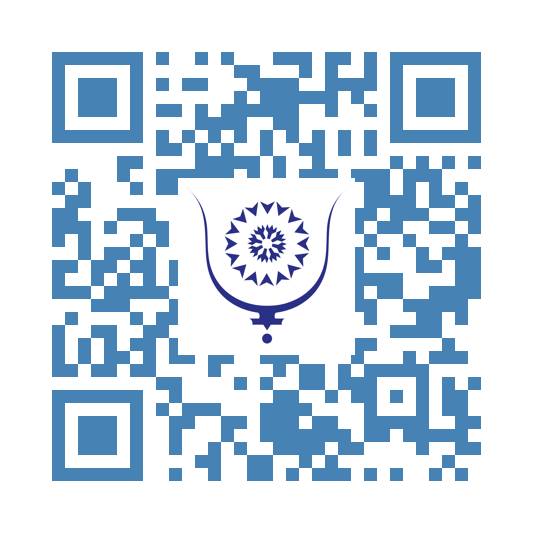TechBio, A few definitions 5012
Why AM I Writing This?
I did not come to TechBio as a distant observer but grew into it. When I was studying life sciences engineering, the early signs of "software eating bio" were just starting to appear. Computational tools were making dents in how biology was done, and for me it was impossible not to be fascinated.
Fast forward a few years, and I am now operator inside a TechBio startup (shameless plug) leading AI development. That vantage point is really a strange mix. Some days I get swept up in the hype, convinced the next model drop is going to change everything; other days, the scientist in me wants to push back, to ask for proof, for data, for translation into the clinic. Balancing those two minds: both the early adopter and the skeptic is hard.
But it's also what makes TechBio such a fascinating space to build in.
And then there's Africa.
Coming from the diaspora, I studied and trained abroad, where most of the breakthroughs and AI-driven advances in drug discovery were happening in the West
But I kept asking myself: what about here? What about my continent?
At first, it felt like we were always on the receiving end of innovations born elsewhere. But as I dug deeper, I realized something the very bottlenecks I was seeing firsthand inside TechBio like the gaps in translation, the missing data closer to humans, well that is were exactly where Africa holds an unfair advantage.
That's what this deep dive is about. Not a hype piece, not a catalog of every new startup, but an attempt to map the playbook, show where TechBio has already delivered, and point to the next frontier
→ one that may well be written in Africa.
If you're an investor, I want you to come away with clarity on what makes a TechBio defensible, where the real opportunities lie, and why the continent is positioned for outsized returns.
If you're a scientist, founder, or operator, you'll find the logic of the playbook, examples of what works (and what doesn't), and maybe a spark for your own next venture.
The full story starts just ahead. But first, let's look at the latest wave, AI agents and what they tell us about how fast new technology moves from silicon into cells.
TL;DR
TechBio has gone from hype to playbook: data → platform → assets.
The next bottleneck is translation: generating data closer to humans.
Africa holds the unfair advantage to solve this, thanks to its diversity, newly acquired infrastructure, and emerging research ecosystem.
Companies are already being built on this frontier, clear venture opportunities exist, exemples of exits and more investors should catch up.
Not TechBio Yet But Another Reminder Pharma Can't Escape the Tech Cycle
I f you want to know where the next disruption in pharma will show up, follow the broader tech cycle. Every new wave of technology now leaves its mark on the industry. In the age of Tech x Bio, there's nonstop traffic between silicon and cells: cloud, machine learning, robotics and now, AI Agents.
I see this almost daily. My feed is flooded whenever a new model drops or a product launches. At first it feels like a headline meant only for the tech crowd. But give it a few months, and suddenly that "just another AI update" is wired into pharma workflows with Paul Hudson, CEO of Sanofi, giving full interview to McKinsey on how transformative it is for the industry. One thing is clear: whether in discovery, trials, or manufacturing, the two domains have become inseparable.
A nice review on comes straight out of MIT to help bring perspective.
YC's (famous startup incubator from San Francisco) track record makes this pattern visible. They were early to back today's main players when skeptics thought they had it figured out. Companies like Ginkgo Bioworks and Atomwise (more on them later) proved computation could be foundational to biotech and Pharma. Now YC is backing AI Agent startups, showing once again how quickly a new stack of technology crosses into Pharma.
And if you thought leaders like Hudson were just posturing as "tech-savvy" with hyped tools, consider Benchling. One of the most established TechBio incumbents, it recently acquired Sphynx, an AI-agent startup focused on streamlining hypothesis generation and analytics in discovery. By weaving these capabilities into its stack, Benchling reinforced that this isn't a passing experiment, it's another layer becoming part of the system.
Now, let's be clear. AI Agent companies are not "TechBios" in the sense of this deep dive. They are, for now, tools or orchestration engines that Pharma teams can plug in to augment their workforce and automate tasks once dauntingly manual (and there are many, sometimes not the once you expect… like procurement). They represent the kind of technological spark that helps scale approaches to well-known problems in drug discovery.
And while every new wave of technology makes a dent in Pharma, the hundred billion unlocks usually lie elsewhere, closer to solving the big bottlenecks of how drugs are discovered, tested, and developed. That's where TechBios come in, and where we'll turn next. For now, think of this section as the apéro: the first cracker to show how the rules of the game have changed.
How TechBios Create (and Capture) Value
If you perplexity (we don't "Google" anymore in the age of AI) the definition of TechBio, you'll either get flooded with abstract jargon that means little if you're not steeped in the field, or a description so simple it could apply to almost anything. Neither helps much.
A more pragmatic lens is to look at TechBios through their value proposition. And this is where it gets interesting. TechBios have been around for over a decade, and in that time their offerings and therefore their positioning in the industry have shifted dramatically.
A more pragmatic lens is to look at TechBios through their value proposition. And this is where it gets interesting. TechBios have been around for over a decade, and in that time their offerings and therefore their positioning in the industry have shifted dramatically.
You are leaving Bluwr.
We cannot guarantee what's on the other side of this link:

